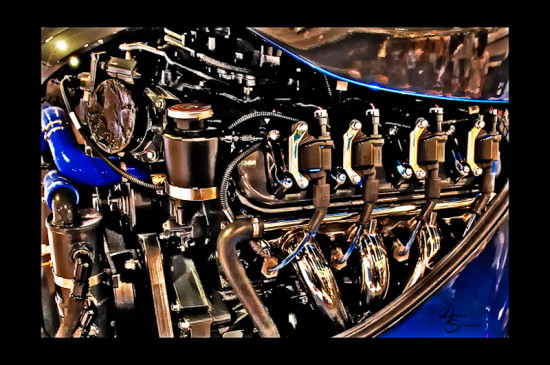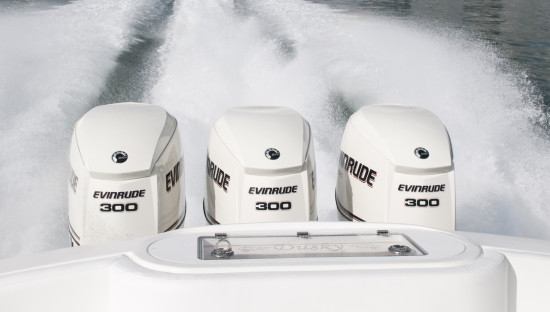
There is something in your fuel that can cause a great deal of harm and trouble to your outboard motor.
Ethanol fuel has the capability of damaging your boat’s motor and fuel system, but by understanding what it is and how it can damage your engine, you can protect yourself from costly repair bills.
Due to increased environmental concerns and the search for sustainable fuels, we now have gasoline that contains up to 10% ethanol. The EPA approved and regulated that all fuel sold in the US contain 10% ethanol (with the exception of some marine and aviation fuels). Ethanol is a fermented and refined grain alcohol that can be made from sugar cane, grains and corn and is denatured and blended with gasoline. It came about as a replacement for an additive called MTBE that increased octane ratings of fuel and improved burn. Discoveries were made that MTBE would end up in ground water and was harmful to the environment. Ethanol was then introduced as a more viable additive and has been causing marine engine issues ever since.
Ethanol is harmful to marine engines and fuel systems for several reasons.
One of the main issues is that ethanol is hygroscopic. This simply means that it has an attraction for water. Unlike gasoline that repels water, ethanol is attracted to and absorbs it. That is not a problem for most cars but obviously can be an issue on boats in damp water filled environments. Even if a boat is on a trailer or stored in a boat yard the humidity and condensation in the air is enough for ethanol to absorb and over time it reaches a saturation point where it causes fuel separation. When this occurs the water and ethanol settle at the bottom of the tank and can be drawn through the fuel pick up causing harmful engine and fuel system problems.
Even if the water were not drawn into the motor the gas at the top of the separated fuel is now a much lower octane and can itself create issues for the motor.
This is not the only destructive property ethanol can claim. Ethanol is also corrosive (especially when mixed with water and can cause corrosion of metals and resins. It is incredibly effective at breaking down and removing varnish and certain plasticizers and resins that can be drawn into the engine creating more troubles. It is a good solvent that also has the capability of loosening rust and other debris that otherwise would remain untouched by regular gasoline.
Even if none of this happens burning E-10 fuel (gas with 10% ethanol) in your outboard motors and engines will get you 3% lower mileage than burning straight gas due to a lower burn temperature.

So how do you protect yourself from this destructive additive, ethanol fuel, in your marine motors?
- The best method would be to buy non-ethanol gas. Most marinas and some stations still sell fuel without the ethanol additive, but at a higher price.
- If that is not an option, making sure you keep your tank topped and do not allow for condensation build up or water of any other kind to contact the fuel, is a good preventative.
- If the boat is going to sit for any length of time an additive is a good suggestion. There are stabilizers and ethanol treatments that help stabilize the fuel, preventing separation. They also contain oxidation inhibitors, have water absorbing agents and dispersants that will help with any water that does enter the system.
- The addition of a good pre-engine filtration system with a 10-micron filter that is checked and replaced often is also a good choice.
- It is also a good idea to check all fuel lines and components for delaminating and replace of necessary. Fiberglass, plastic and even metal fuel tanks should be checked and confirm that the resins they are made of are ethanol resistant and that there is no ethanol induced corrosion or pitting.
- Almost every engine manufacturer has ethanol suggestions and maintenance tips on their web sites for specific engines and a visit to their sites would be a wise move.
Awareness and prevention can help in avoiding ethanol issues. Don’t let Ethanol ruin your time on the water. Follow your engine manufacturers recommendations.




